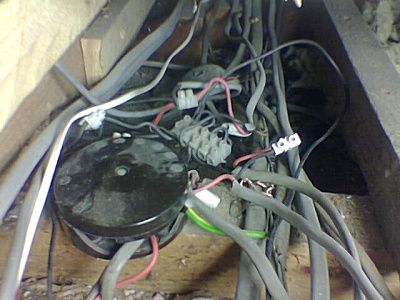In the modern business landscape, electrical systems are the lifeblood of commercial enterprises. From powering office spaces to facilitating cutting-edge technologies, a robust electrical installation is fundamental to ensuring seamless operations. In this blog, we’ll explore the intricacies of commercial electrical installation, focusing on the key aspects that businesses need to consider for safe, efficient, and sustainable power solutions.
1. Understanding the Basics:
Commercial electrical installation goes beyond mere wiring; it involves a comprehensive understanding of a business’s power needs, safety regulations, and energy efficiency requirements. Knowledgeable electricians assess the layout, power demands, and future scalability to design a system tailored to the specific needs of the enterprise.
2. Safety First:
Safety is paramount in commercial electrical installation. Adhering to local and national electrical codes is not just a legal requirement but also a moral obligation. Electrical fires and accidents can lead to devastating consequences. Thus, employing qualified electricians and using high-quality, certified equipment is non-negotiable.
3. Energy Efficiency and Sustainability:
Sustainable practices are at the forefront of modern businesses. Energy-efficient electrical installations not only reduce operational costs but also contribute to a greener environment. Utilizing LED lighting, energy-efficient appliances, and implementing smart technologies like motion sensors and programmable thermostats can significantly enhance a commercial space’s energy efficiency.
4. Scalability and Future-Proofing:
Commercial enterprises evolve and expand. An adept electrical installation should be scalable to accommodate the changing needs of the business. Predicting future requirements and installing systems with excess capacity can save both time and money in the long run, ensuring that the business can adapt without overhauling the entire electrical setup.
5. Technological Integration:
In the digital age, businesses rely heavily on technology. A modern commercial electrical installation should be designed to seamlessly integrate with various technologies, including computer networks, telecommunications, and security systems. Proper planning ensures that the electrical infrastructure can support the demands of these technologies without compromising on performance or safety.
6. Regular Maintenance and Upkeep:
Electrical systems, like any other machinery, require regular maintenance to function optimally. Regular inspections, timely repairs, and preventive maintenance can identify potential issues before they escalate into major problems. Establishing a maintenance schedule with qualified electricians ensures the longevity and reliability of the commercial electrical installation.



